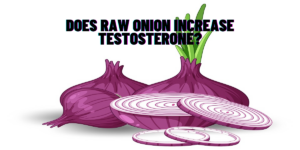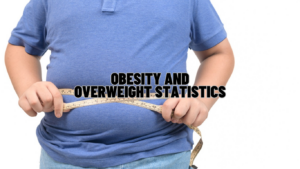Global Forum Health – Your Health and Fitness partner!
An online community dedicated to health and fitness
Fitness Guides
Nutrition Guides
General Wellness guides
The Latest Articles
Will Magnesium Increase Your Testosterone? Studies & Science
Supplements Will Magnesium Increase Your Testosterone? Studies & Science Facts Verified By: Dr. Ben Isaacson This article is based on scientific evidence, written by experts and fact-checked by experts. Magnesium…
Does Avocado Increase Testosterone? Know Science
Supplements Does Avocado Increase Testosterone? Know Science Facts Verified By: Dr. Ben Isaacson This article is based on scientific evidence, written by experts and fact-checked by experts. In recent years,…
Does Raw Onion Increase Testosterone? Know Science
Supplements Does Raw Onion Increase Testosterone? Know Science Facts Verified By: Dr. Ben Isaacson This article is based on scientific evidence, written by experts and fact-checked by experts. Raw onions…
Can Turmeric Boost Testosterone? Know Science
Supplements Can Turmeric Boost Testosterone? Know Science Facts Verified By: Dr. Ben Isaacson This article is based on scientific evidence, written by experts and fact-checked by experts. Turmeric, a widely…
Our Content Focus!
Our area of expertise includes science-based fitness guides, nutritional guidance, busting workout myths and other topics that holistically guide you towards your Fitness goals.
Provide Truthful, Science-Based Health, Fitness & Well-being guides
We thoroughly research and evaluate topics related to health, fitness, and overall well-being to provide readers with truthful, science-backed information they can trust.
Offer Trusted Supplement Reviews for Fitness Goals
We thoroughly and objectively review popular supplements for building muscle, losing fat, increasing energy, and other fitness-related goals
Offer Effective Workout Guides for Fitness Goals
We provide workout guides containing safe, efficient, science-based exercises and programs to help readers achieve their fitness goals.







